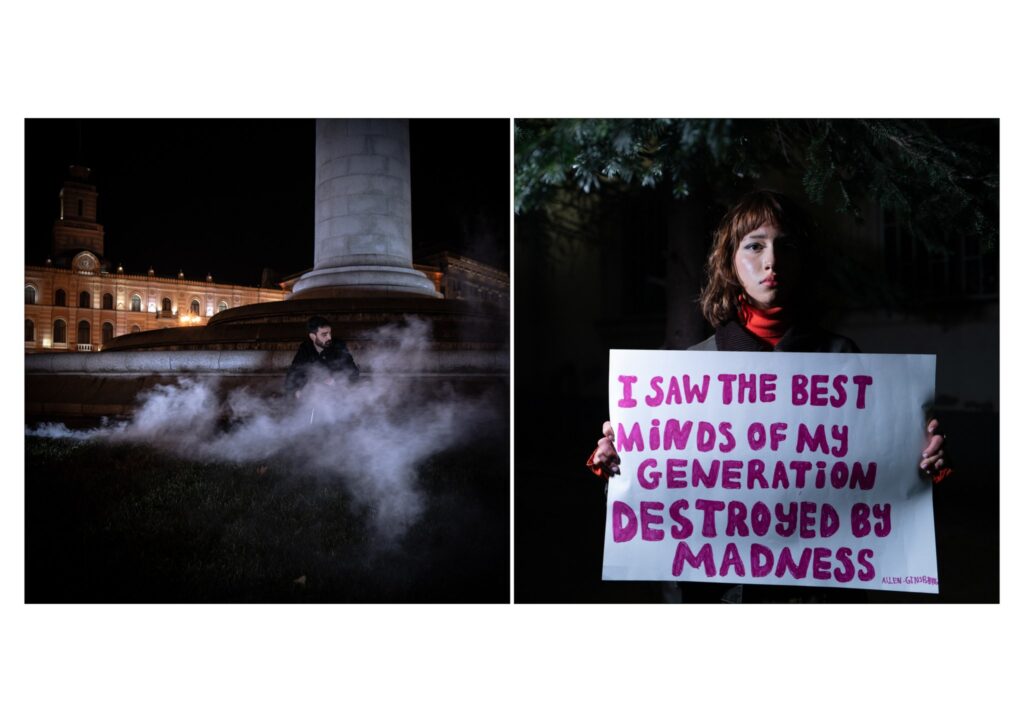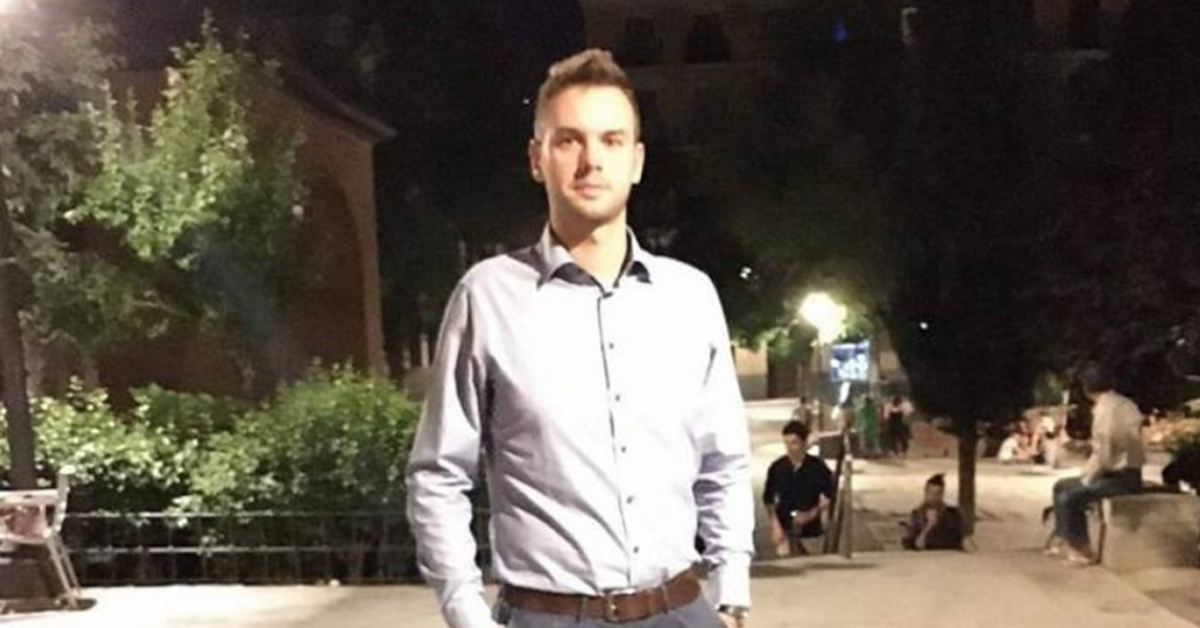French photographer barred from Georgia after covering 2024 protests tells JAMnews her story
French photographer denied entry to Georgia
French documentary photographer Marylise Vigneau has been denied entry to Georgia.
Vigneau’s work focuses primarily on the post-Soviet space — countries that gained independence after the collapse of the USSR. She develops long-term projects that document key socio-political processes in the region. In particular, Vigneau covered the protests in Georgia in the autumn of 2024 — and she believes that this is precisely why she was refused entry.
Marylise Vigneau shared her story with JAMnews:
“At passport control in Kutaisi [a city in Georgia served by low-cost airlines — JAMnews] airport, the officer scanned and stamped my passport. I felt a brief wave of relief and joy — after all my apprehensions, it seemed I had made it. But then, he paused.
He didn’t hand me back the passport or let me through. Instead, he began fiddling with his phone, clearly waiting for something. Ten minutes passed like that, as I stood there, watching other passengers clear the line in a matter of minutes.
After about fifteen minutes, another officer appeared. He had my French passport in his hand and asked me to follow him into a small office. His first question, surprisingly, was: “Do you speak Russian?” I replied no — only English, French, and German.
He began questioning me in broken English: was this my first time in Georgia? No. Was I a tourist? Yes. My profession? I answered, “French teacher,” which I can be if one needs me.
Then questions about my itinerary—Borjomi, Tbilisi, Kutaisi. Was I part of a group? Did I book through a travel agency? No.
When I mentioned that I was travelling with my husband to share with him moments in a country I love, they asked for his name. It’s not a typical French name, and they seemed to fixate on that. “Is he really a citizen of France?” they asked.
Then, the officer left the room, and I was alone. For the next three hours, any question I asked — whether about the delay or what was being checked — was met with the same vague response: “We don’t know. We are waiting for a decision.”
Eventually, they came and asked me to return to the public hall, where I sat for a while and watched the passengers of three successive flights arrive and pass easily through customs. Then, they approached me again and announced that my entry into Georgia had been denied. When I asked why, they again said, “We don’t know.”

They instructed me to book a flight to any destination outside Georgia. I chose Poland, as the next flight to Vienna (where I live, though I am French) was only three days later. They allowed me a moment to say goodbye to my husband, who had been waiting at the baggage claim just past customs. We both agreed that we should not let this ruin his experience — he should stay and discover the wonderful Sakartvelo. So he continued to Tbilisi alone.
After that, they brought me a paper to sign—the reason given for my denial was: “Other cases envisaged by Georgian legislation.” They informed me that this part of the exchange was being recorded.
After that, they told me I would be taken to a retention room until the departure of my flight at 10 P.M. They asked me to leave all my luggage with them, allowing me only my small handbag. Then they insisted I surrender my phone.
I asked whether there was any law that authorized this kind of confiscation. They replied simply, “Yes.” But I was sceptical. I had managed to stay in contact with a friend in Tbilisi, who immediately told me such a request was illegal. She connected me with a Georgian lawyer who confirmed I had the right to keep my phone. The customs officers were in the room during this call. I have no idea how much of the conversation they understood—their English was extremely limited—but after a long silence, one of them finally said, “OK, you can keep your phone.”
But they kept all my other my luggage, including my computer, in a small locked room. I was then taken to the retention area—a glass-walled room with large windows overlooking the Imereti mountains. The view was oddly beautiful, even surreal, given the circumstances. Inside, there was a Somalian woman. They had confiscated her phone
At 9 P.M., an officer escorted me to the departure hall. They instructed me to wait until boarding and told me they would hand my passport directly to the flight crew. And so they did—my passport was taken to the cockpit and flown to Katowice with the pilot.



















